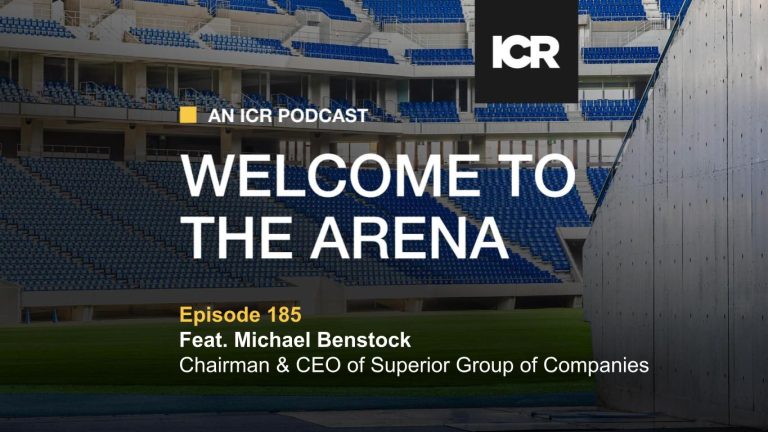The increasing prioritization of environmental, social, and governance (ESG) issues resulted in a massive reallocation of investor capital in the market. According to Bloomberg research, ESG assets are on track to hit $53 trillion — one-third of global assets under management (AUM) — by 2025.
While Europe currently accounts for half of global ESG assets, the U.S. is seeing rapid expansion and may be positioned to exceed Europe in 2022. This growth has been spurred by both investor demand and rapid product development and launches of new ESG funds.
As ESG growth continues to accelerate, what can companies and investors expect to see over the next year? Our experts explore trends from the past year that will continue to impact companies in 2022.
1. Increasingly aggressive activist investor action on ESG
Year after year, large institutional shareholders are taking increasingly aggressive action on ESG, with 2021 marking the sharpest increase on several fronts.
Overall, investors backed more ESG shareholder proposals than ever before. In 2021, 42% of environmental proposals passed, compared to an average of only 12% over the past four years. Similarly, 21% of political activity proposals passed in 2021, compared to an average of just 6% in prior years. But those comparatively high 2021 numbers actually understate the impact of ESG, as more proposals than ever are being settled and removed from the ballot before there’s even a chance to vote on them. For example, As You Sow withdrew 42 proposals in 2021 due to settlement (compared to numbers in the low teens in prior years).
One prime example of increasing activist pressure is Engine No. 1’s successful campaign to secure board seats at ExxonMobil. Engine No. 1 advocated for, among other things, greater investment in technology that would better equip Exxon to meet emissions reduction goals. Investors also increasingly voted against re-election of directors at portfolio companies where ESG management was perceived as ineffective. BlackRock, for instance, voted against 255 directors in 2021 for climate-related concerns.
2. Traditional activist investors increasingly feature ESG-related demands in their campaigns
According to Harvard, investors increasingly consider a company’s attention to ESG as strongly linked to competitive strength and financial performance. As a result, campaigns that highlight ESG failures resonate with even large, traditional investors.
That, in turn, allows ESG issues and activist campaigns to garner more attention. When ESG issues are raised, free publicity for the activist campaign grows large and more valuable, as retail investors increasingly vote and choose to be more involved with the companies they invest in.
3. Retail investors are finding ways to voice their opinions on ESG
Retail investors, which represent a growing piece of the pie, are also finding ways to voice their opinions on ESG. For example, BlackRock is opening voting for institutional index investors in 2022 and has said it is aiming to expand the option to individuals as soon as feasible.
Robinhood, a trading and investing app that has played a large role in opening the doors to retail investors, acquired Say Technologies in August 2021. Say Technologies is a shareholder engagement platform that offers easy access to proxy votes and allows retail investors to interact with the companies they invest in via shareholder meetings, earnings calls, and more.
These developments have progressed steadily over the past five years but took a particular leap forward in 2021, creating a significant surge in the level of pressure on issuers to respond. In this new normal, where ESG has converged with proxy/activism cycles, issuer IR departments need to be conducting thoughtful ESG-based shareholder engagement with their investor base.
Shareholder engagement is critical for staying ahead of potential outreach from activist investors, who are often able to steal the narrative from companies at the outset of the campaign because the company was not regularly in front of these shareholders. This can leave companies scrambling to put together a thoughtful defense, which could have been delivered much more credibly if the company had established an ongoing dialogue with shareholders before to the activist attack.
Is your company prepared to face ESG-related activist activity? Learn how to establish thoughtful engagement with your shareholder base with a thorough investor relations strategy by downloading our eBook, “Investor Relations Primer: The Basics of an Effective Plan.”



